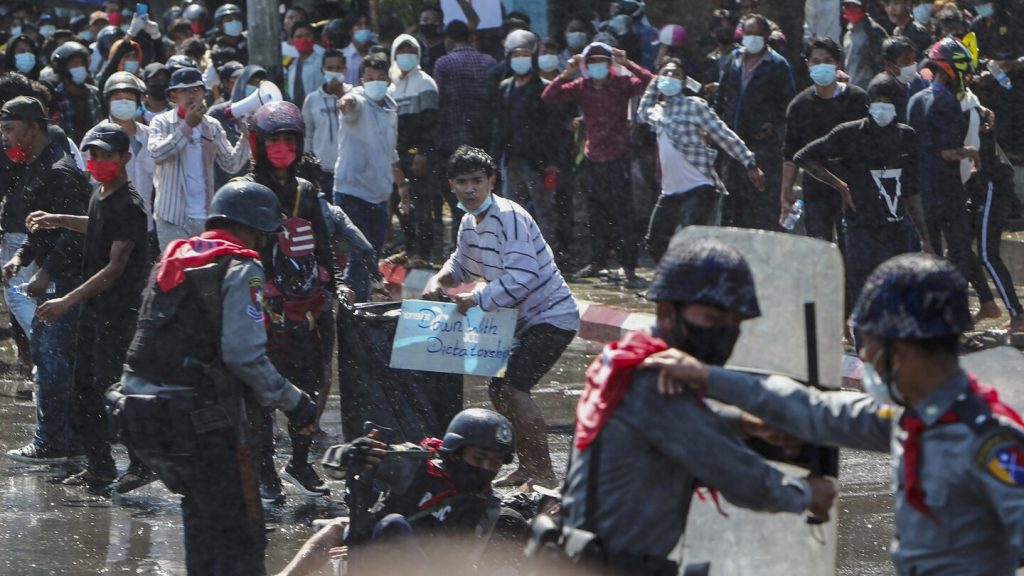In a recent decision, the United Nations Human Rights Council, comprised of 47 member countries, took measures to address human rights violations in Myanmar and Iran. The council unanimously agreed to call on governments to refrain from exporting or selling jet fuel to Myanmar if there is a concern that it may be used by the ruling military junta to commit human rights abuses. The council also urged an end to the illegal transfer of weapons and military equipment to Myanmar. A report by an independent expert highlighted escalating violence by Myanmar’s military government against civilians, leading to armed resistance and a civil war in the country.
Amnesty International has raised concerns about fuel shipments to Myanmar, citing data that suggests efforts to circumvent sanctions in the aviation fuel supply chain. Despite these concerns, Vietnam, which currently holds a seat on the council, did not oppose the consensus decision. Amnesty International’s representative to the U.N. in Geneva, Iniyan Ilango, described the decision as an important message that supplying jet fuel to those who commit war crimes is not acceptable. While he viewed it as a positive step, he called on the U.N. Security Council to impose a suspension on direct and indirect shipments of aviation fuel to Myanmar to prevent further airstrikes constituting war crimes.
The Human Rights Council is concluding its first session of the year with action on over 40 resolutions covering a wide range of issues. Among the resolutions is one expected to be discussed in the session finale, calling on countries to cease sending weapons to Israel amid its military campaign in Gaza. The council also voted to extend investigations into human rights violations in Iran for another year, focusing on the overall rights situation and specific violations related to protests. Germany’s Foreign Ministry welcomed the decision, emphasizing the importance of holding those responsible for human rights violations in Iran accountable.
In Iran, the government has been accused of employing physical violence that led to the death of Mahsa Amini, a young woman who died after being arrested for allegedly not wearing her hijab according to authorities’ standards. Her death sparked widespread protests and a subsequent security crackdown that resulted in numerous deaths and detentions. The Human Rights Council also voted to extend investigations into human rights situations in Ukraine, Syria, and South Sudan for an additional year, indicating ongoing scrutiny of rights violations in these countries. Overall, these decisions underscore the council’s commitment to addressing human rights abuses and holding perpetrators accountable.


